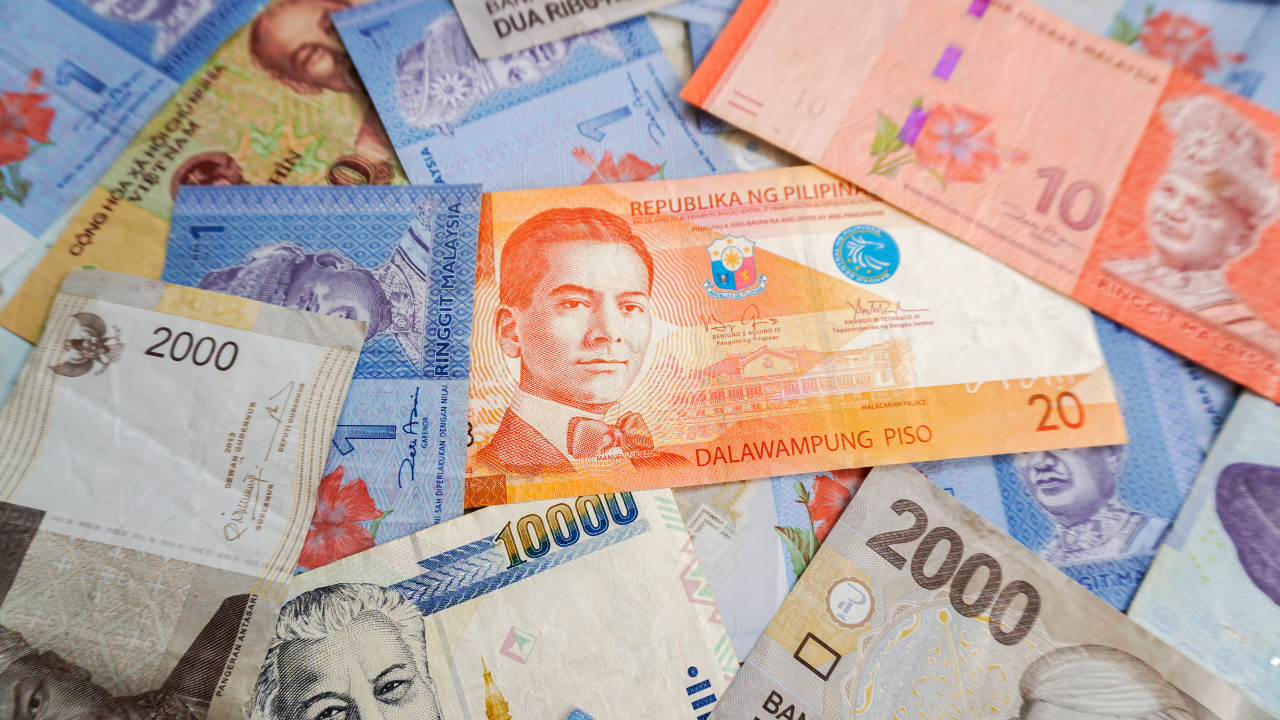MANILA, Philippines—Just like the Bangko Sentral ng Pilipinas (BSP), economic think tanks watching the Philippines have flagged intensifying inflation risks, but they’re still divided on when to raise rates to cool upward price pressure.
“As inflation rises back above 4 percent in coming months amid a strong reopening impulse to activity, we continue to expect the BSP to start tightening monetary policy in the second half of the year, with a 25-basis point (bp) hike each in third and fourth quarters of 2022,” Goldman Sachs Economics Research said in a report.
While the BSP kept the policy rate at a record-low 2 percent last Thursday (March 24), it raised its headline inflation forecast for 2022 to an average of 4.3 percent, above its 2 to 4 percent target band of manageable price hikes amid expensive oil and other food commodities—a global spillover impact of Vladimir Putin’s campaign to destroy Ukraine.
“As cautioned by the BSP, an intensification of inflation risks which significantly shift inflation expectations would skew risks towards a faster rate hike path than our forecasts,” investment banking giant Goldman Sachs said.
Singapore-based United Overseas Bank (UOB) forecast that the BSP will hike key interest rates by 25 bps as early as the second quarter of this year, to be followed by 25-bp hikes during the third and fourth quarters to raise the overnight reverse repurchase (RRP) rate to 2.75 percent in 2022.
“Although the BSP continues to rely on non-monetary measures to tame inflation for now, it remains to be seen if these measures are enough to contain the potential second-round inflation effects amid petitions for a hike in minimum wage and public transport fare,” UOB senior economist Julia Goh and economist Loke Siew Ting said.
“This, alongside a more hawkish Fed tilt and further improvement in domestic economic activities will likely prompt the BSP to move up its timeline for rate hikes to the second quarter of 2022, in our view,” UOB said, referring to the US Federal Reserve’s plan to aggressively raise rates this year following this month’s 25-bp hike.
Two UK-based think tanks—Capital Economics and Pantheon Macroeconomics–maintained their similar forecasts that the BSP will keep key interest rates steady throughout the year as economic recovery remained fragile.
“The rise in inflation should prove temporary, and we expect it to drop back to within the central bank’s 2 to 4 percent target range by the end of the year. Core inflation should remain subdued throughout 2022,” Capital Economics Asia economist Alex Holmes said.
For Capital Economics, what’s more worrying was that the Philippines’ growth from its pandemic-induced slump two years ago faced “mounting” headwinds. “The consumption-led economy is vulnerable to the global surge in commodity prices due to the war in Ukraine, which will leave a large dent in consumer purchasing power,” it said.
“We recently cut our GDP growth forecast for the year from 8 percent to 7.2 percent. That would leave the economy still 13-percent smaller than its pre-pandemic trend by the end of 2022,” it added.
Pantheon Macroeconomics senior Asia economist Miguel Chanco said that despite the BSP’s higher 2022 inflation forecast, “we doubt for a few reasons that this upgrade presages the start of normalization” or interest rate hikes.
“For a start, the BSP had no choice but to make something of a strong statement, in the wake of the surge in global oil prices sparked by Russia’s invasion of Ukraine, lest it risked losing credibility,” Pantheon said.
“Second, the [Monetary] Board’s inaction last year revealed strongly the dovish inclination of its current members. Third, it sounds like the [BSP was] setting an even higher bar for inflation to move the needle on policy,” it said.
“Fourth, the [central bank’s] new inflation forecasts arguably are on the pessimistic side, as oil price disinflation still looks poised to take hold from the third quarter, even if it averages higher than the BSP’s revised baseline,” according to Pantheon.
“Lastly, and more fundamentally, we continue to believe that the Philippines’ growth prospects this year are being vastly inflated,” it said.


